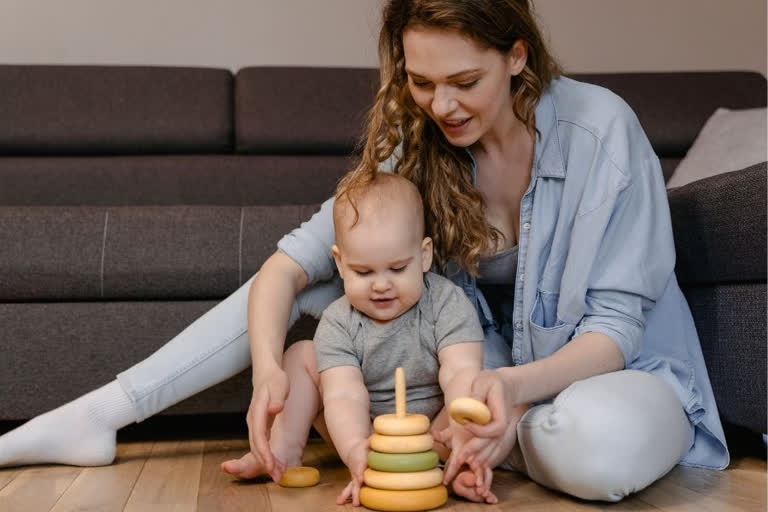The lead author of the study based on how IVF children have a better quality of life as adults, Karin Hammarberg of Monash University, Melbourne, Australia said, "Our findings suggest that being ART-conceived can provide some advantages on quality of life in adulthood, independent of other psychosocial factors,". He further added, "Together with previous evidence that adults conceived by ART have the similar physical health to those who were naturally conceived, this is reassuring for people who were conceived with ART -- and those who need ART to conceive," he added.
In the more than four decades since the first birth following In-vitro Fertilisation (IVF) in 1978, more than 8 million children have been born as a result of ART. In that time, many studies have evaluated the physical health, development and psychosocial well-being of ART-conceived children compared with those Naturally Conceived (NC). But currently, there is less known about the health and quality of life of adults who were conceived by ART.
This study involved 193 young adults who were conceived through ART and 86 through NC in the state of Victoria, Australia. These participants completed questionnaires, which included a standardised quality of life measure (World Health Organisation Quality of Life -- Brief Assessment (WHOQoL-BREF)) when aged 18-28 years (T1) and again when aged 22-35 years (T2). The WHOQoL-BREF assesses four domains of quality of life:
- Physical
- Psychosocial
- Social relationships
- Environment
The researchers looked at the associations between factors present at T1 (mode of conception, the mother's age when the participant was born, sexual orientation, family financial situation in secondary school, perceptions of own weight, number of close friends, frequency of vigorous exercise and quality of relationships with parents) and the scores on the four domains of WHOQoL-BREF at T2.
